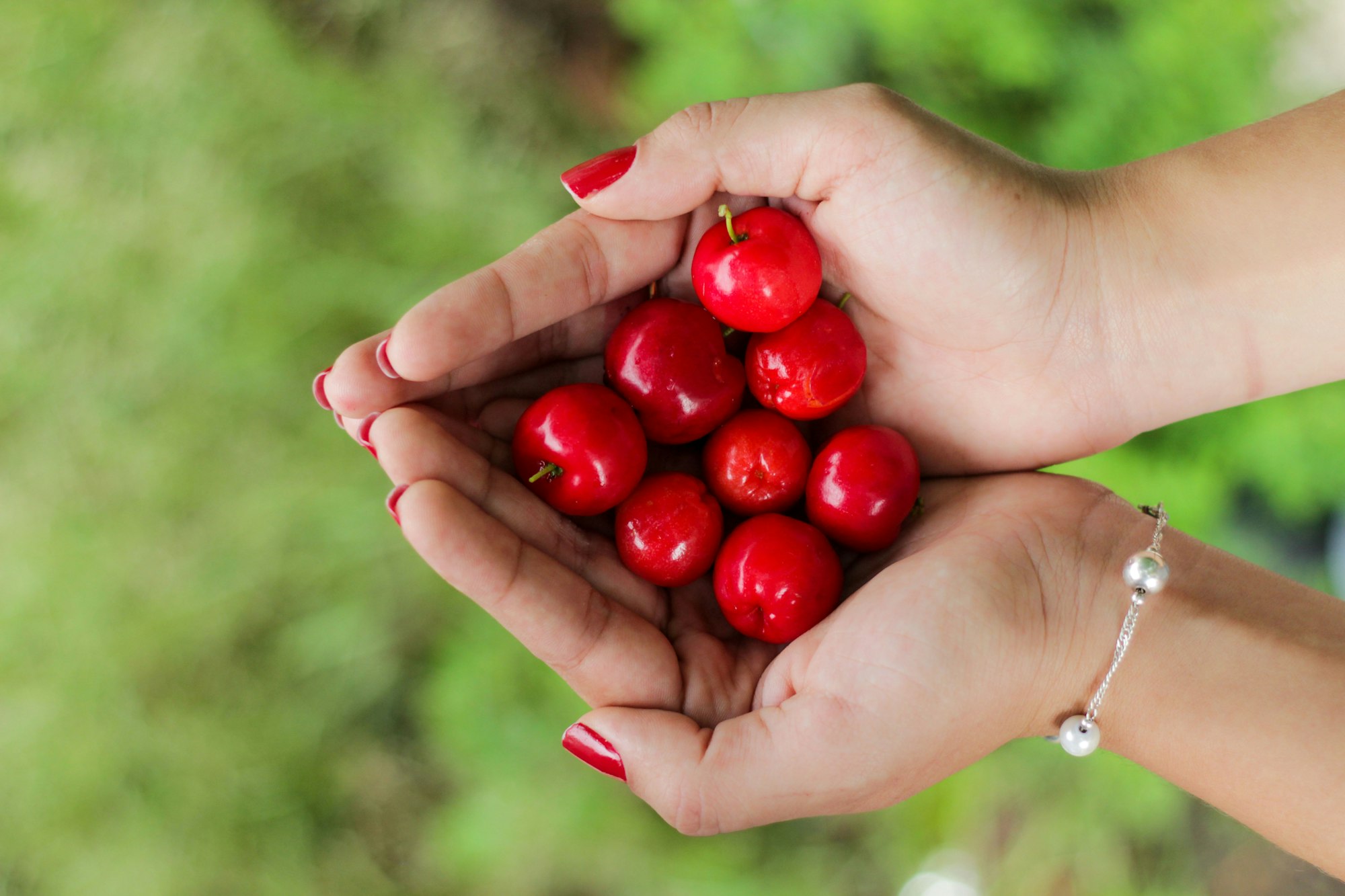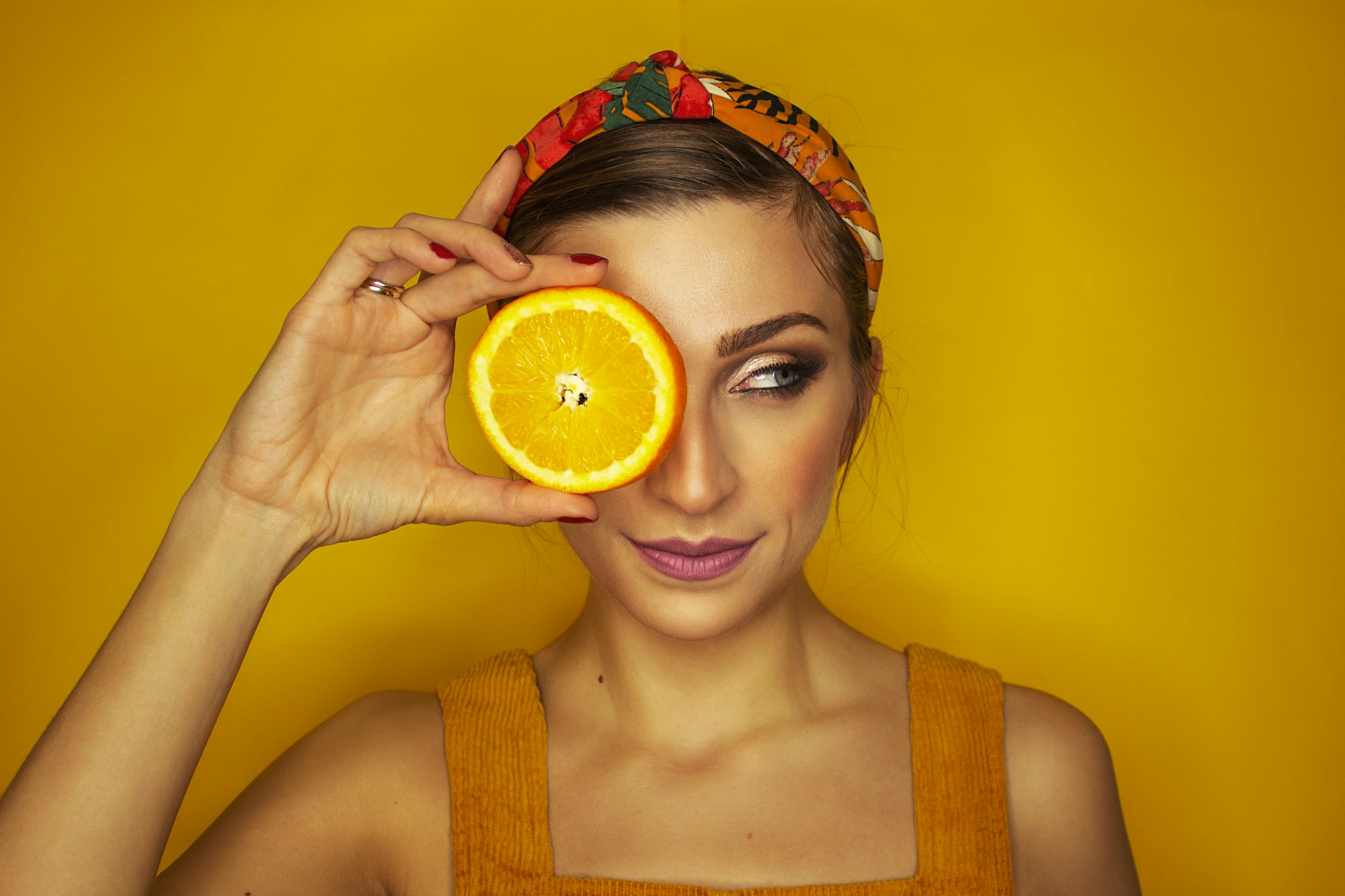Are You Getting Enough Vitamin C? We Reveal 11 of the Highest Vitamin C Foods to Boost Your Health

What is vitamin C? | Vitamin C deficiency | How much vitamin C do you need? | Top 11 highest vitamin C foods | Is it worth taking vitamin C supplements? | In Conclusion
What is vitamin C?
Vitamin C is a water-soluble vitamin and is mainly found in fruits and vegetables. It is an essential nutrient for the human body and has a range of health benefits.
Vitamin C helps to maintain the health of teeth, gums, bones, and cartilage. It also helps to heal wounds and keep skin healthy.
Vitamin C is also important for the immune system, helping to fight off infection.
Vitamin C deficiency
Vitamin C deficiency is a condition that occurs when someone does not get enough vitamin C. This can lead to a range of health problems.
The most common vitamin C deficiency symptoms include:
- Skin problems, such as dry skin, scurvy, and delayed wound healing
- Bleeding gums
- Poor absorption of food
- Swollen and painful joints
- Weakness and fatigue
- Hair loss
- Impaired vision
- Difficulty fighting infection
How much vitamin C do you need?
The recommended daily allowance (RDA) of 40mg is the minimum amount for adults aged 19 to 64 to consume to prevent deficiency.
However, recent research trials suggest that much larger doses of 1,000 mg per day or more may be required for maximal effectiveness against viruses.
Vitamin C can't be stored in the body, so it's important to consume it on a daily basis.
When cooked, some vitamin C is lost as a result of being water-soluble. Raw fruit and vegetables have the most vitamin C, but if you must cook them at all, steaming appears to be the greatest method for retaining the most nutritional value.
Here's our list of the top 11 highest vitamin C foods
1. Acerola cherries have 1344mg of vitamin C per 80g serving
Acerola Cherries, also known as West Indian Cherry, are a type of cherry that grows in the Caribbean. Eating just 80g provides you with almost 1278% of your recommended daily allowance of vitamin C.
Acerola is a superfruit that contains over 30 times the vitamin C of popular fruits such as oranges. Other nutrients include vitamins A, B group, and minerals (iron, calcium, phosphorous, potassium, and magnesium).
Although this is our number one food for vitamin C, it can be difficult to find places to buy acerola cherries in the UK.
However, acerola cherry powder is an excellent alternative! It's an excellent source of natural vitamin C and the powder is made from actual acerola cherries so it contains all the vitamins, antioxidants, and minerals.
2. Blackcurrants have 160mg of vitamin C per cupped handful (80g)
Blackcurrants are small, round, sour-tasting, deep purple-black berries that must be sweetened to make them more appealing.
They provide almost 200 percent of your RDA of vitamin C in just 80g and also contain some vitamin A, calcium, and iron. Blackcurrants may be consumed as a jam or sorbet.
3. Guava has 126mg of vitamin C per 55g serving
Guavas are tropical fruit with a delicious flavor and crimson-colored flesh that may be eaten directly or scooped out. In larger fruits, you must remove the seeds.
They can be juiced, used in fruit salads, or transformed into jam. Each guava fruit has 140% of the recommended daily allowance (RDA) of vitamin C.
4. Raw kale has 110mg of vitamin C per 80g serving
Kale is a popular leafy green vegetable that can be eaten raw in smoothies or salads, lightly steamed or stir-fried as a side dish, or even eaten raw.
It is an excellent source of vitamin K and contains vitamin A, fibre, and manganese.
If cooked then an 80g serving of kale will only have 57mg of vitamin C.
5. Red pepper has 100mg of vitamin C per 80g serving (½ large pepper)
Red peppers are delicious in salads, as a crudité with dip, or used in soups, stews, and stir-fries. Half of a large red pepper has just over the RDA of vitamin C and is high in vitamins A, E, and K as well as B6, folate, and fibre.
6. Green pepper has 96mg of vitamin C per 80g serving (½ large pepper)
Green peppers, like red peppers, are very adaptable vegetables that may be consumed raw or cooked. Vitamin C and vitamins A, B6, K, and fiber are all present in half of a large green pepper.
7. Papaya has 94mg of vitamin C per 80g serving (½ small papaya)
A common name for the papaya fruit is pawpaw. It's a tropical fruit with soft, edible meat in the middle. It may be used to add flavor to salads, smoothies, and desserts. A half of tiny papaya will easily provide you with the RDA of vitamin C, as well as vitamins A, B6, and K.
8. Oranges have 73mg of vitamin C per 140g serving (1 orange)
Oranges are a type of fruit that can be eaten by itself or added to salads, fruit salads, or breakfast bowls. They're a good source of Vitamin A, folate, calcium, and magnesium.
Remember that unsweetened juice only counts as one of your five-a-day, and you should only drink 150ml each day.
9. Raw broccoli has 63mg of vitamin C per 80g serving
Raw or cooked, broccoli is a versatile source of vitamin C. You can eat it as a snack or add it to other foods. If you cook it, make sure not to overcook it because then some of the vitamin C will be destroyed. Broccoli is also a good source of fibre, vitamins, and minerals.
10. Kiwi fruit has 47mg of vitamin C per 80g serving
A bright green, tropical fruit, the kiwi fruit is typically eaten raw. Simply peel and chop or cut in half and scoop out with a teaspoon. It can also be used to make yogurt or smoothies.
A single kiwi contains just over 50% of the recommended daily allowance of vitamin C, as well as vitamins K and fibre.
11. Strawberries have 47mg of vitamin C per 80g serving (approx. 7 medium strawberries)
Strawberries are a British summer fruit that is naturally sweet. You can eat them raw, chop them up and add them to your breakfast, or have them as a dessert with cream or ice cream. They're a good source of fibre and just 7 strawberries will provide half of your RDA of vitamin C.
Other fruits that are also high in vitamin C include:
- Blueberries
- Cantaloupe
- Grapefruit
- Kakadu plum
- Lemons
- Lychees
- Mango
- Pineapple
- Raspberries
- Watermelon
Other vegetables that are great sources of vitamin C include:
- Brussels sprouts
- Cauliflower
- Spinach
- Cabbage
- Turnip greens
- Sweet and white potatoes
- Sweet yellow peppers
- Tomatoes and tomato juice
- Winter squash
Is it worth taking vitamin C supplements?
There are many reasons why some people may not be able to get the RDA of vitamin C from their diet alone.
In these instances taking vitamin C supplements may be the solution to making sure you avoid becoming vitamin C deficient.
In Conclusion
We’ve outlined some of the best vitamin C-rich foods that you can add to your diet.
Not only are they delicious, but they offer a variety of health benefits. Vitamin C is essential for healthy skin, hair, nails, and teeth.
It also helps protect against infection and supports the immune system. Be sure to include plenty of these nutrient-rich foods in your next meal plan and enjoy the many benefits they have to offer.
Read More Articles





